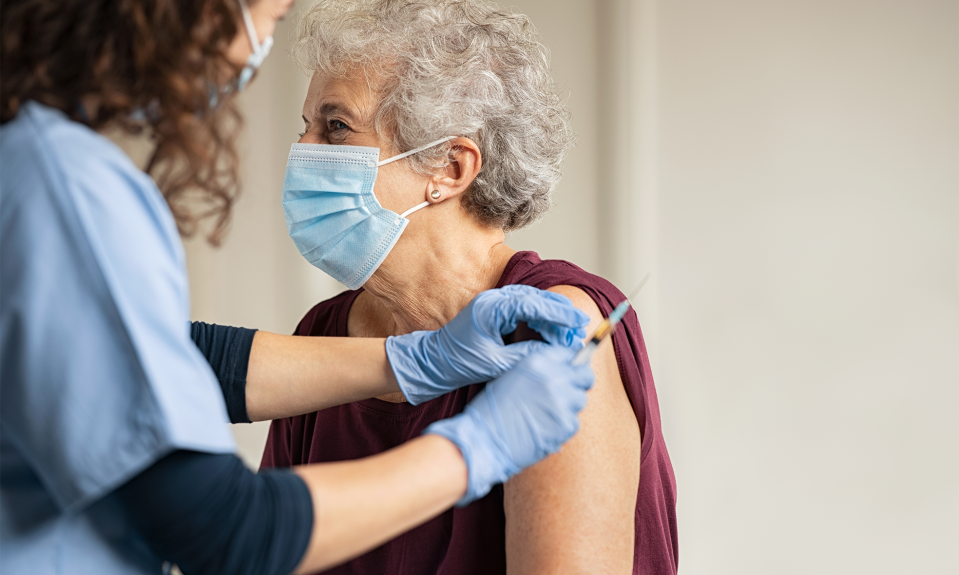The CDC issued new recommendations for COVID-19 boosters on March 29, with Americans age 50 and older and certain immunocompromised individuals who received their COVID booster more than four months ago now eligible for a second Covid-19 booster. This includes individuals with organ transplants or those living with conditions “that are considered to have an equivalent level of immunocompromise.”
Any adults who received the Johnson & Johnson single shot vaccine and booster are also eligible for a second booster.
People who have severely weakened immune systems who have received a fourth shot may now also receive a fifth shot.
How Do I Know It’s Safe?
The recommendation is based on research that shows individuals who received a booster shot were 21 times less likely to die from COVID-19 compared with unvaccinated individuals during the omicron surge that set new records for cases, hospitalizations and death in the United States. Dr. Peter Marks, director of the FDA’s Center for Biologics Evaluation and Research, noted that waning immunity and risk of severe disease were the main reasons for wanting an additional dose for these at-risk groups.
The safety data to support this emergency use authorization (EUA) was real-world data from Israel, where data on 700,000 adults age 18 and up who received a second booster revealed no new safety concerns. Immunogenicity data from Israel revealed that two weeks after a second booster, there was increased neutralizing antibody against SARS-CoV-2, including delta and omicron, and that these levels were greater than at five months following initial boosters. However, this heightened immunity may be short-lived, and additional research into this question is ongoing.
How Do I Decide Whether to Get a 2nd COVID-19 Booster?
The question about whether one should get a second booster is somewhat complex. If an individual is over 65 and/or immunocompromised, they should probably get a COVID-19 booster now, but someone who is between 50 and 65, although eligible, who has no medical issues and recently had an omicron infection, could probably defer. However, some people who would like to avoid any infection, even mild or asymptomatic ones, can decide to get the second booster now. These are personal decisions that should be made with one’s medical provider.
Will I Need a Booster Annually?
As far as what the future holds in terms of recommended annual vaccines or boosters, no one knows right now. A lot depends on how the virus behaves in the future.
The content of this site is for informational purposes only and should not be taken as professional medical advice. Always seek the advice of your physician or other qualified healthcare provider with any questions you may have regarding any medical conditions or treatments.



